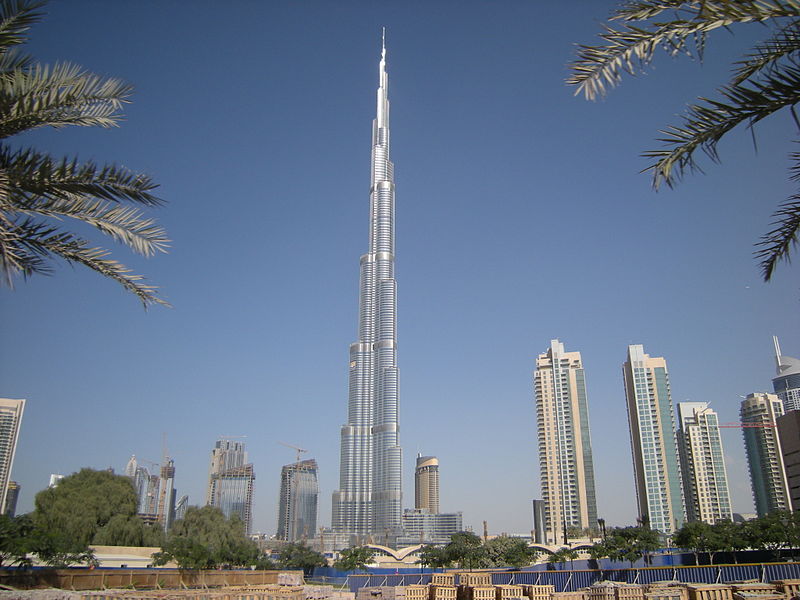
DUBAI, United Arab Emirates—Dubai’s stock market plunged 6.7 per cent Tuesday after the construction giant that helped raise the Mideast commercial hub’s record-breaking Burj Khalifa skyscraper confirmed it has fired staff following the departure of its CEO last week.
The rout, the steepest since August, accelerated a sharp sell-off in the Dubai Financial Market this week. It is being driven largely by questions swirling around construction firm Arabtec Holding, which is backed by a government-linked firm in neighbouring Abu Dhabi.
Oil-rich Abu Dhabi bailed out neighbouring Dubai during its financial crisis, which came to a head in 2009 following years of heavy borrowing to fund a frenetic building boom. Dubai’s trade and transport-dependent economy has come roaring back since, though the emirate and its many state-linked companies still shoulder billions of dollars of debt.
Arabtec is Dubai’s biggest construction company, employing large numbers of mainly South Asian migrant workers whose handiwork has transformed the Dubai skyline.
Aabar Investments, a state-run fund backed by Abu Dhabi, is a major shareholder, with a nearly 19 per cent stake. It once sought to buy the company outright.
Investors have been selling off Arabtec shares in recent weeks after a steep rise in the stock.
They have been spooked by Aabar’s decision to trim its stake, a midmonth glitch on the market’s website that suggested a smaller position by Aabar, the abrupt departure of Arabtec CEO Hasan Ismaik last week and a series of rumours including the possibility of sweeping job cuts.
Arabtec said in a stock market disclosure Tuesday that it has taken steps toward improving productivity and reducing spending that have “included termination of a limited number of staff.” It didn’t say how many jobs were affected, but denied reports that the numbers let go were in the hundreds.
Allen Sandeep, director of research at Cairo-based investment house Naeem Holding, said a lack of clarity is raising fears among investors that Abu Dhabi could be considering pulling the plug on other Dubai investments. While he does not think Aabar’s decision to cut its stake signals a wider trend, he added that “what the market perceives is totally different.”
“There is a lack of transparency, so it raises so many questions. This is why the market is so skeptical and it’s already hurting investor sentiment,” he said.
Dubai’s main index closed Tuesday at 4009.01 points, 25 per cent below its May peak.
Sachin Mohindra, a portfolio manager at Abu Dhabi-based Invest AD, said other factors also contributed to the Dubai sell-off.
He noted that the market rose more than 200 per cent from the start of last year through this May, and that investors were now taking some profits. The recent unrest in Iraq also hurts investor sentiment, though he expected the direct effect on UAE markets would be “fairly minimal.”
Rapid declines in recent days are also forcing local retail investors, who tend to borrow heavily in their stock bets in the hope of maximizing gains, to sell some of their holdings to cover their positions.
“Investors get scared, but more than that, people who provide them leverage get scared,” Mohindra said.